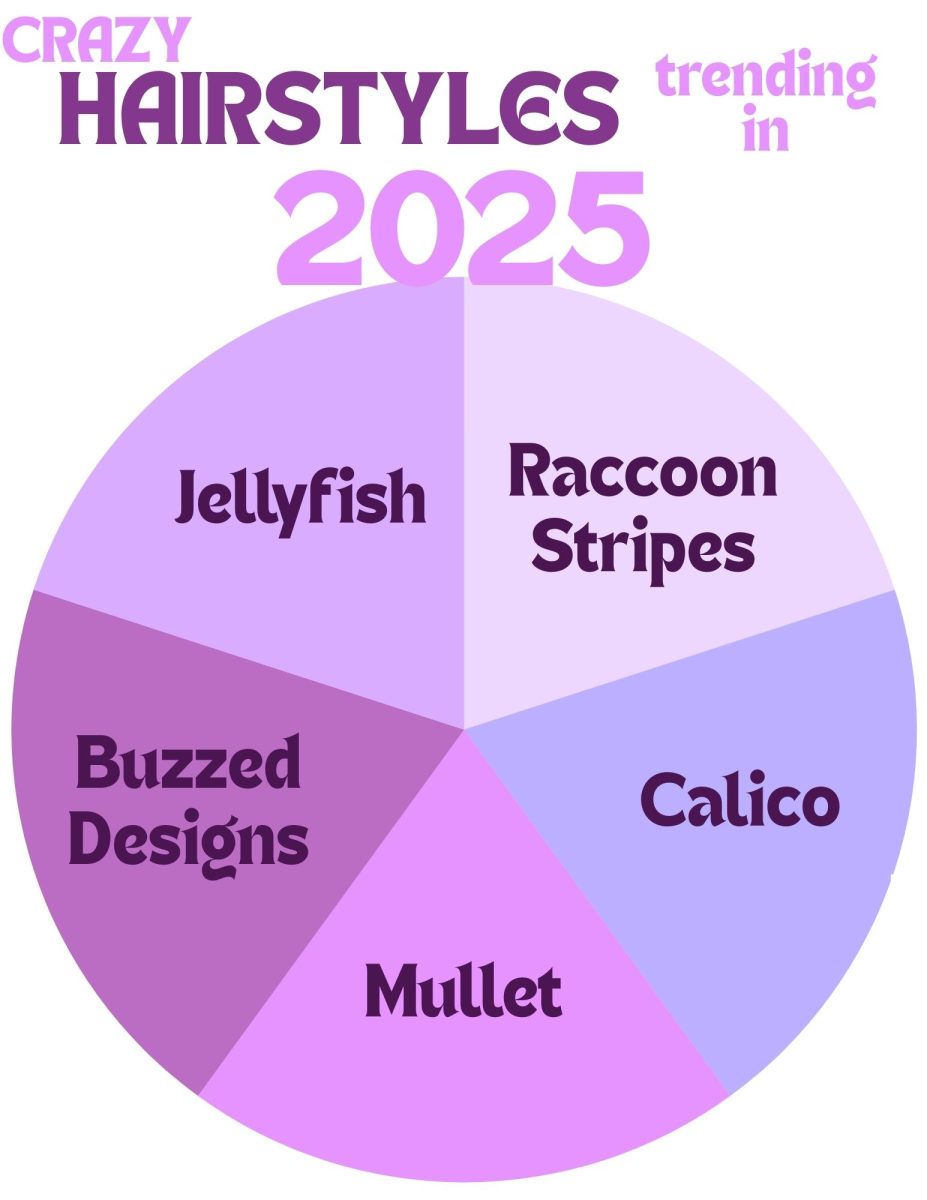This past weekend I found myself sitting in a movie theater for a chick flick. While the genre is one I usually try to avoid for my sanity’s sake, it was a fairly educational experience. I realized that in a nation where divorce, infidelity and self-obsession are spiraling out of control, the media might be one of the worst instigators. As I looked around at all the men and the women who had dragged them there, I couldn’t help but feel they were being set up for failure.
We always hear the expression that “sex sells” when it comes to the media, but sex alone is not what is exploiting audiences. I would argue that “love,” just as much as sex, manipulates audiences into a preconceived notion that is not realistic.
Not that there is anything wrong with portraying love in film or music. It is legitimate subject matter, one that captures and inspires. However, it is toxic to portray characters in these films as having a “one true love,” which is usually the case. This expression that he or she is “the one” fills women’s heads (and men’s) with a notion that doesn’t actually exist. The idea of “the one” is something that is eroding the foundation of a solid, realistic relationship.
Not to be a “Debbie Downer,” but love is not some mystical thing. It is influenced through the release of a chemical called phenylethylamine in the brain. This is what causes the burst of energy, jitters, attraction, etc. The time span in which this hormone is being release is often referred to as the “honeymoon period.” It doesn’t matter that she’s thousands of dollars in debt; she is perfect. Or that he has been to prison because he’s got such a good heart. We are convinced that this person is the only person we could ever love: our “soul mate.”
After a while your brain builds up a tolerance to the upper chemical, and the honeymoon phase ends between six months to two years. Suddenly it isn’t cute that she always burns the bread, or that he’s never done his own laundry.
This is the point of fight-or-flight. A person must decide if his or her can love the other in spite of their faults. Love becomes a choice. One must decide that self-sacrifice for the well being of his or her partner is what they want and that serving someone else would fulfill them. Herein lies the problem.
In a culture that is self-obsessed, we become highly disappointed when we are no longer feeling the burning passion we see in the movies. You’ve lost that loving feeling, so your partner must not be “the one.” So we move out, trade keys or get divorced, because we no longer feel satisfied.
While a “one true love” is a ridiculous thing to consider, truly loving someone is not. That is quite possible. But that would mean choosing to remain in a relationship with someone once the honeymoon period ends (which it will) and putting in the work. Because a relationship is exactly that: a choice to work hard after the butterflies have gone, so that someone other than yourself will be fulfilled.
As long as a starry eyed Ashton Kutcher sputters to a girl that she’s the one on the big screen, couples will continues to buy into the soul mate facade.
contact Collette Keith at




